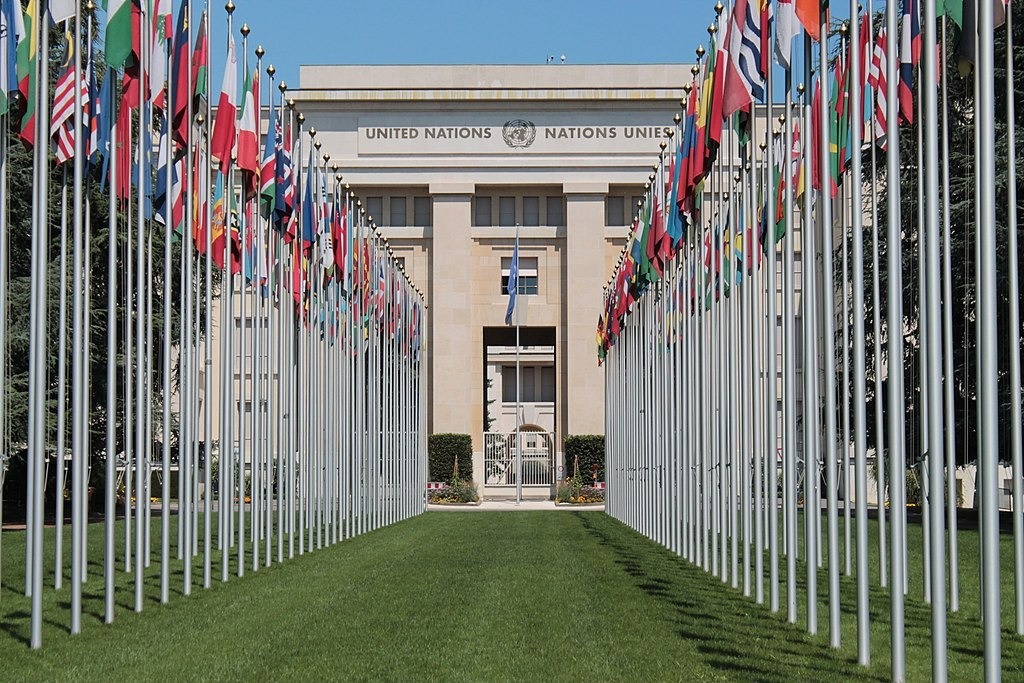
The severity of the conflict in Gaza – the Strip’s deadliest ever encounter with Israel – has propelled discussions about the possible recognition of Palestinian statehood at the UN. Palestine was recognised as a non-member observer state 12 years ago, which means it can participate in UN sessions but cannot vote on resolutions. Full recognition has long been off the cards, however, because it would have to first be approved by the UN Security Council, three members of which – the US, Britain and France – have previously refused to back it. But the current conflict is tipping the balance of support.
At the time of writing, the estimated death toll in Gaza stands at more than 34,000, or about 1.5 per cent of the Strip’s population. Thousands of children have been killed, hospitals attacked, and billions of dollars’ worth of critical infrastructure destroyed. The prospect of a two-state solution might seem further away than ever, but the conflict also shows that the status quo is unsustainable. Some countries have signalled that they may reconsider their position on Palestinian statehood if Israel blocks progress towards a two-state solution after the war.
Previously, most western countries said recognition would happen only as part of a two-state deal. But since the start of this year, France and Australia have both suggested it is a possibility earlier than that. British foreign secretary David Cameron said the same, although prime minister Rishi Sunak later denied any change in policy. And Spain is spearheading a campaign for recognition within the EU, alongside Ireland, Malta and Slovenia.
In April the Palestinian Authority, which governs parts of the West Bank, asked the Security Council to reconsider its bid. France backed the draft resolution, while Britain abstained and the US vetoed it. But the diplomatic balance is shifting. When the war ends, it will be increasingly difficult for western countries to maintain their support for a two-state solution without meaningful action towards it.
This article is a preview from New Humanist’s summer 2024 issue. Subscribe now.


